
In global finance, few metrics carry as much weight as a country's foreign exchange and gold reserves. These reserves are like a financial safety net, helping countries weather economic storms, stabilize their currencies, and handle international debts.
At this time when geopolitical tensions and trade wars are affecting the global economy, resources like the U.S. dollar, the world's leading reserve currency, held by central banks around the globe, or massive gold reserves tucked away in vaults, serve as strong protections for national economies.
In an earlier report sourced from Afreximbank's African Trade Report 2024: Climate Implications of the AfCFTA Implementation, Africa's foreign exchange assets increased by approximately 2.6 per cent year on year to US$411.9 billion in 2023, after contracting by 2.3% year on year to US$401.3 billion in 2022.
The report also revealed that apart from commodity prices, sustained capital inflows have enhanced the continent's reserve position, owing to greenfield projects, backing from international and regional development financing organizations and bilateral partners, and increased tourist arrivals and remittances.
Notably, the allure of gold as a safe-haven asset has also intensified on the continent. Many African countries including Madagascar, Uganda and Nigeria are planning to use gold to beef up official reserves.
Below are the top 10 African country with the highest foreign exchange and gold reserves:
| 1 | Libya | $82,262,000,000 | 31st |
| 2 | Mozambique | $67,510,000,000 | 34th |
| 3 | South Africa | $57,597,000,000 | 40th |
| 4 | Algeria | $56,211,000,000 | 41st |
| 5 | Egypt | $39,824,000,000 | 49th |
| 6 | Nigeria | $37,750,000,000 | 52nd |
| 7 | Morocco | $35,648,000,000 | 53rd |
| 8 | Angola | $14,468,000,000 | 71st |
| 9 | Ghana | $9,917,000,000 | 77th |
| 10 | Kenya | $9,491,000,000 | 81st |

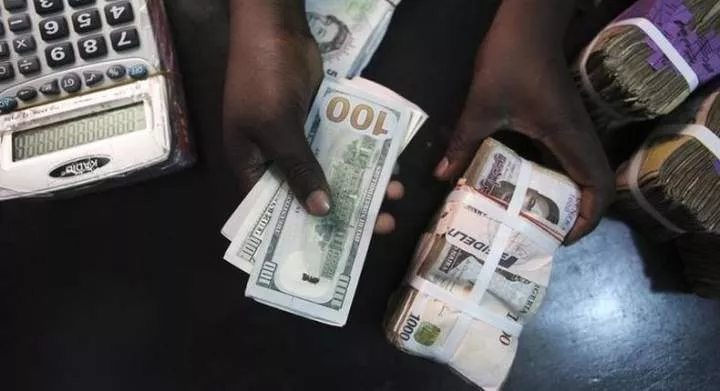
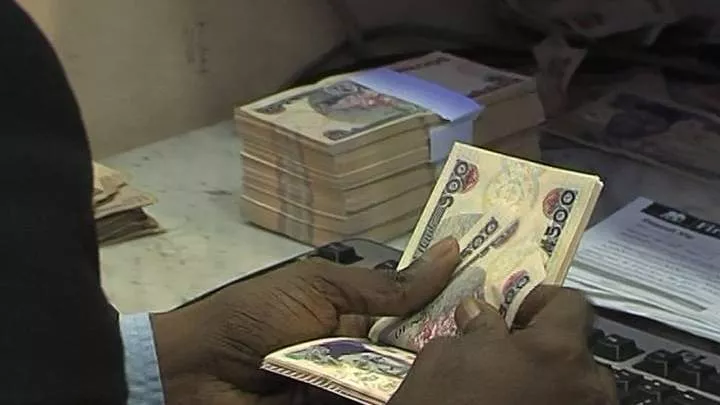

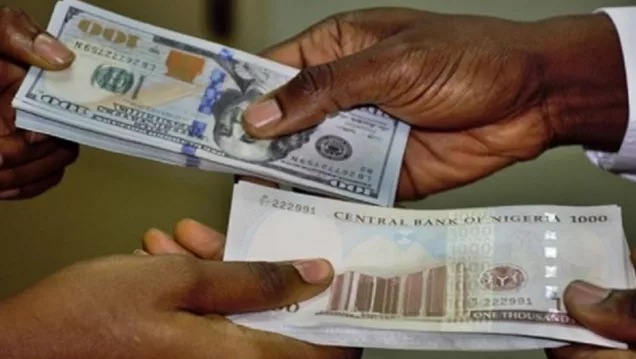

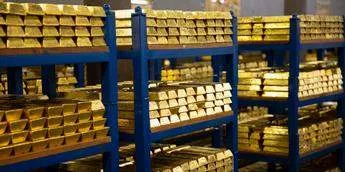
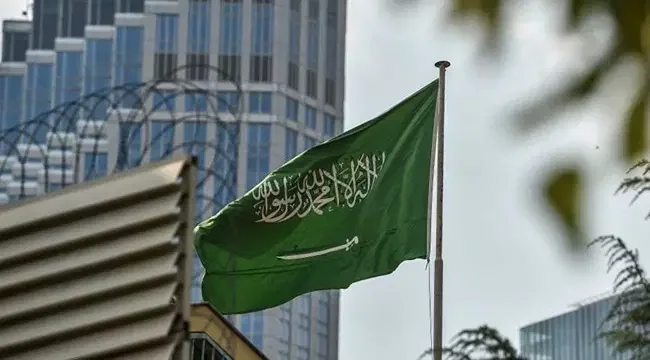
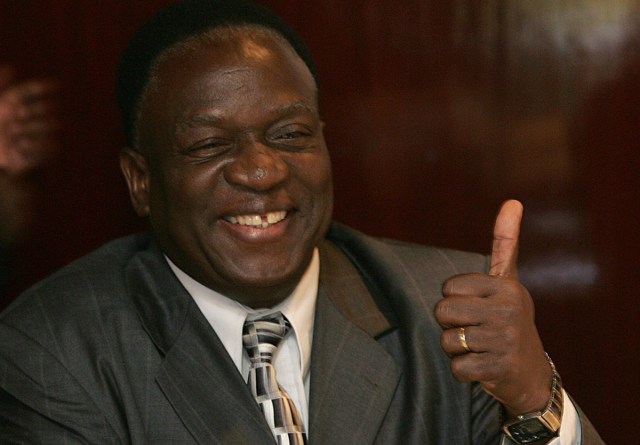


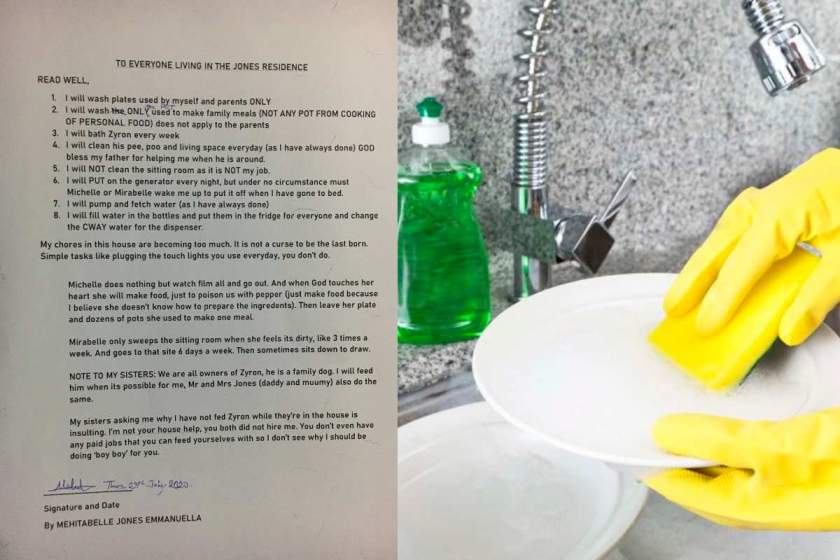






Comments